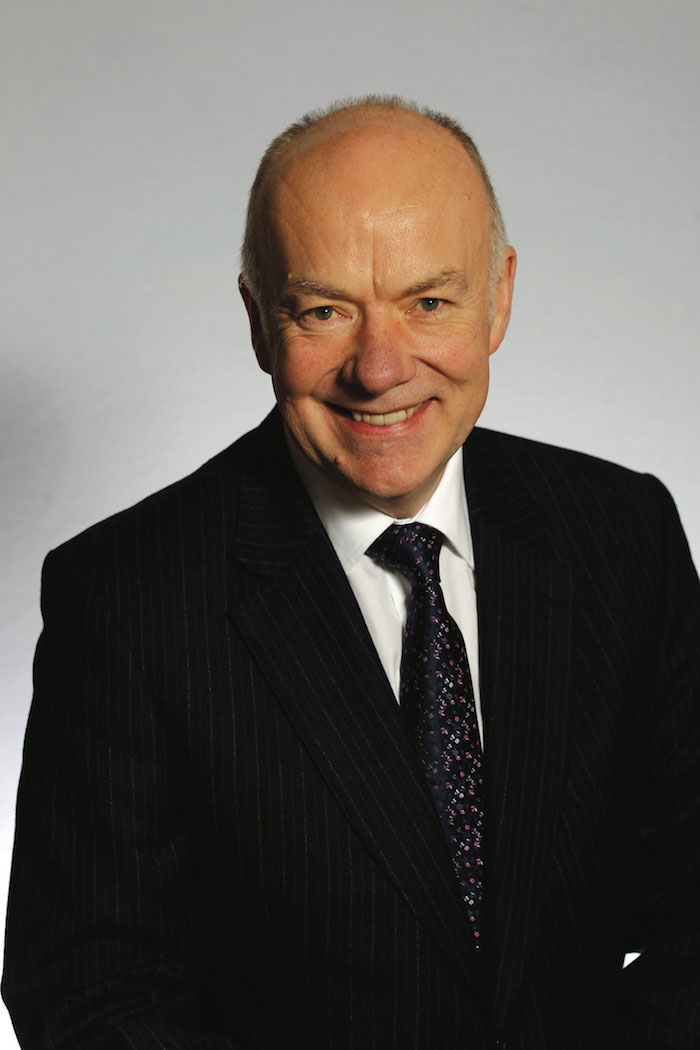 Pubs must take some lessons from the recent B2 experience before it’s too late
Pubs must take some lessons from the recent B2 experience before it’s too late
Peter Hannibal, CEO of strategic body, the Gambling Business Group, believes the writing’s on the wall when it comes to the supervision of machine playing and says it’s time to pull together for the sake of Britain’s ailing pubs in order to help secure the gaming supply chain
For some time the Great British pub, an iconic and beloved feature in communities the length and the breadth of the country, has stumbled from one problem or issue to another. From the smoking ban to tax hikes, the unfair competition presented by the ubiquitous supermarket chains to changes in consumer habits, the pub has reeled from some serious body blows. The cumulative impact has forced many to call last orders closing their doors for the final time.
Consider the facts. According to the Office of National Statistics (ONS), the number of pubs has haemorrhaged, falling from 52,500 in 2001 to 38,815 – a reduction of more than 25 percent. Drill down a little further and the local picture is even grimmer.
With landlords on the outskirts of major cities most vulnerable, the London Borough of Newham, which coincidentally will host next week’s EAG at the ExCeL Centre, is the worst-affected local authority in the country. The east London borough had 105 pubs in 2001, but now has a mere 45. Just down the road Barking and Dagenham has the fewest pubs per head of any local authority in the country, less than one for every 10,000 people.
Far from ‘acting now to save our pubs from extinction’ as advocated by Tom Stainer, of real ale group, Camra, government is turning the screws and shining a fluorescent light on another source of pub revenue – the cash box income derived from the Cat C AWP. It started back with the Gambling Commission’s submission to the DCMS to their Gambling Review. Prompted by the Responsible Gambling Strategy Board (RGSB), the Commission highlighted to the DCMS the ‘anomaly’ of gambling machines in pubs being sat outside of the gambling regulators remit. It also highlighted that the licensed purpose of the pub is the selling of alcoholic products pointing out that alcohol and gambling can at times be troublesome partners. The Commission then loaded onto this the ‘family centric’ nature of many pubs which of course includes children, only to then call into question the levels of supervision over the operation of such gambling machines.
Now whilst much of this submission could be regarded not as evidence per se, but as generalisations borne out of the opinions of the members of the RGSB, there has also been a number of ‘test purchasing’ initiatives, the results of which almost unanimously supported the suspicions around the levels of machine playing supervision.
And if this wasn’t bad enough, the uptake of contactless and the seemingly inexorable demise of cash is amplifying the death knell for the neglected gambling machine in the corner of the bar that is bizarrely prohibited by law from partaking in the cashless revolution that everyone else has taken for granted.
If ever there was a time when a sector needed to start doing things and doing them quickly it’s now and that means before the Gambling Commission and the DCMS go down the same path they took with B2 machines and render them pointless via changes to legislation.
And let’s face it, we are not talking rocket science here, we are talking about raising awareness, training, education, messaging, developing and trialling, evaluating and researching – all things that have been done many times before in different areas of our business. Changing people’s cultural approach and attitude to machines in pubs will take a little longer, but we need all the aforementioned to start happening now in order to even contemplate that cultural change. If we don’t the entire gaming industry supply chain has far too much to lose.
Peter Hannibal is CEO of the cross industry Gambling Business Group
